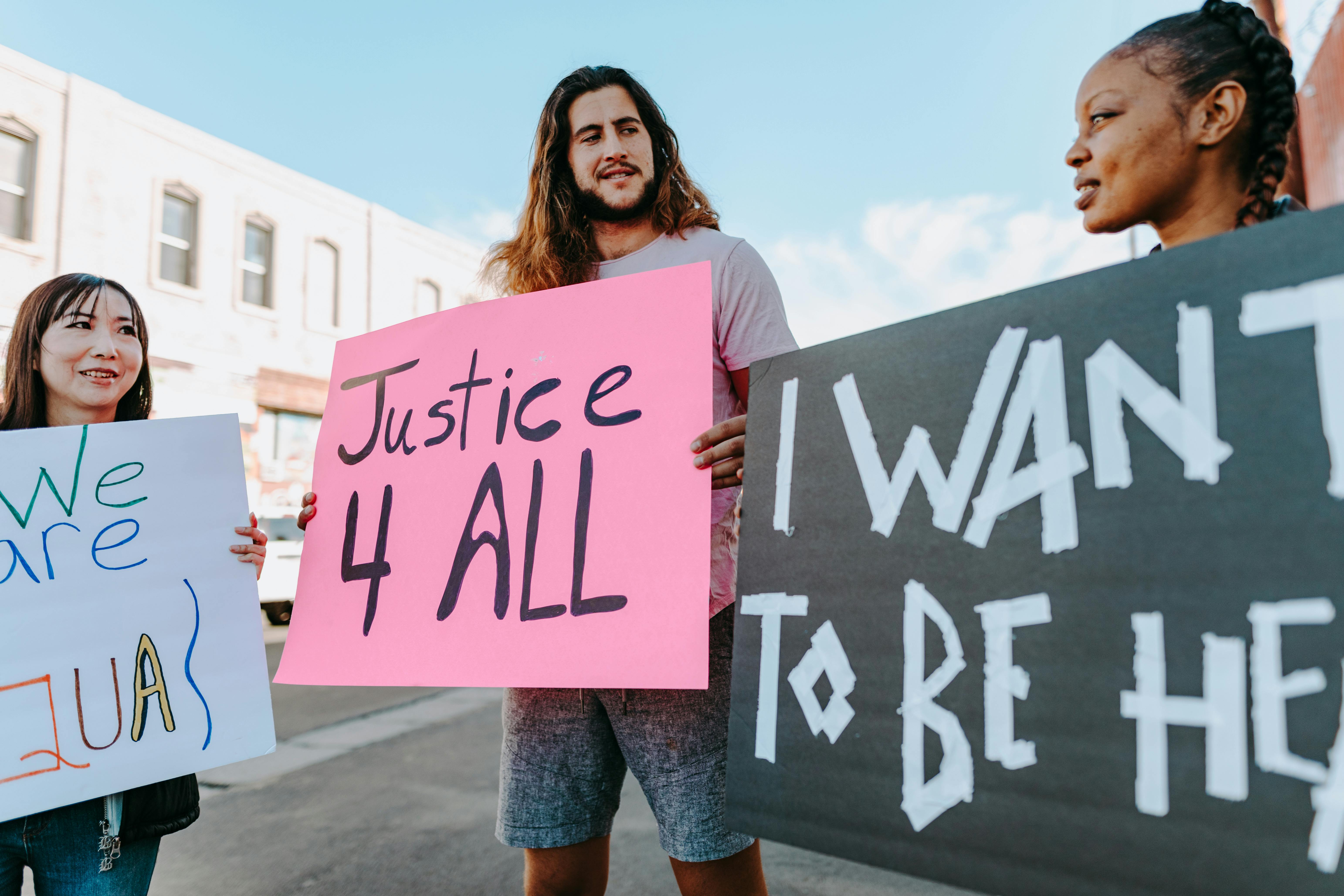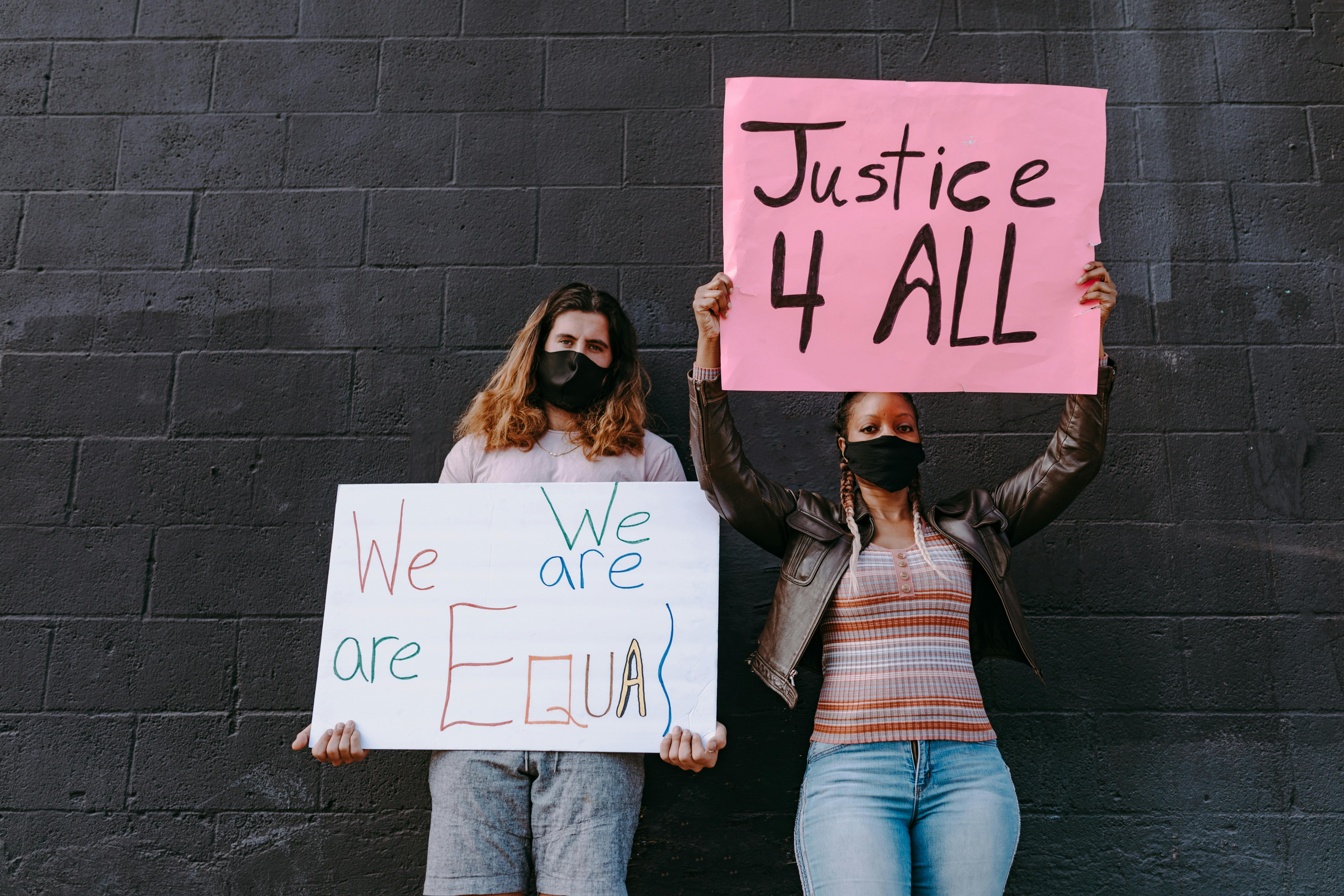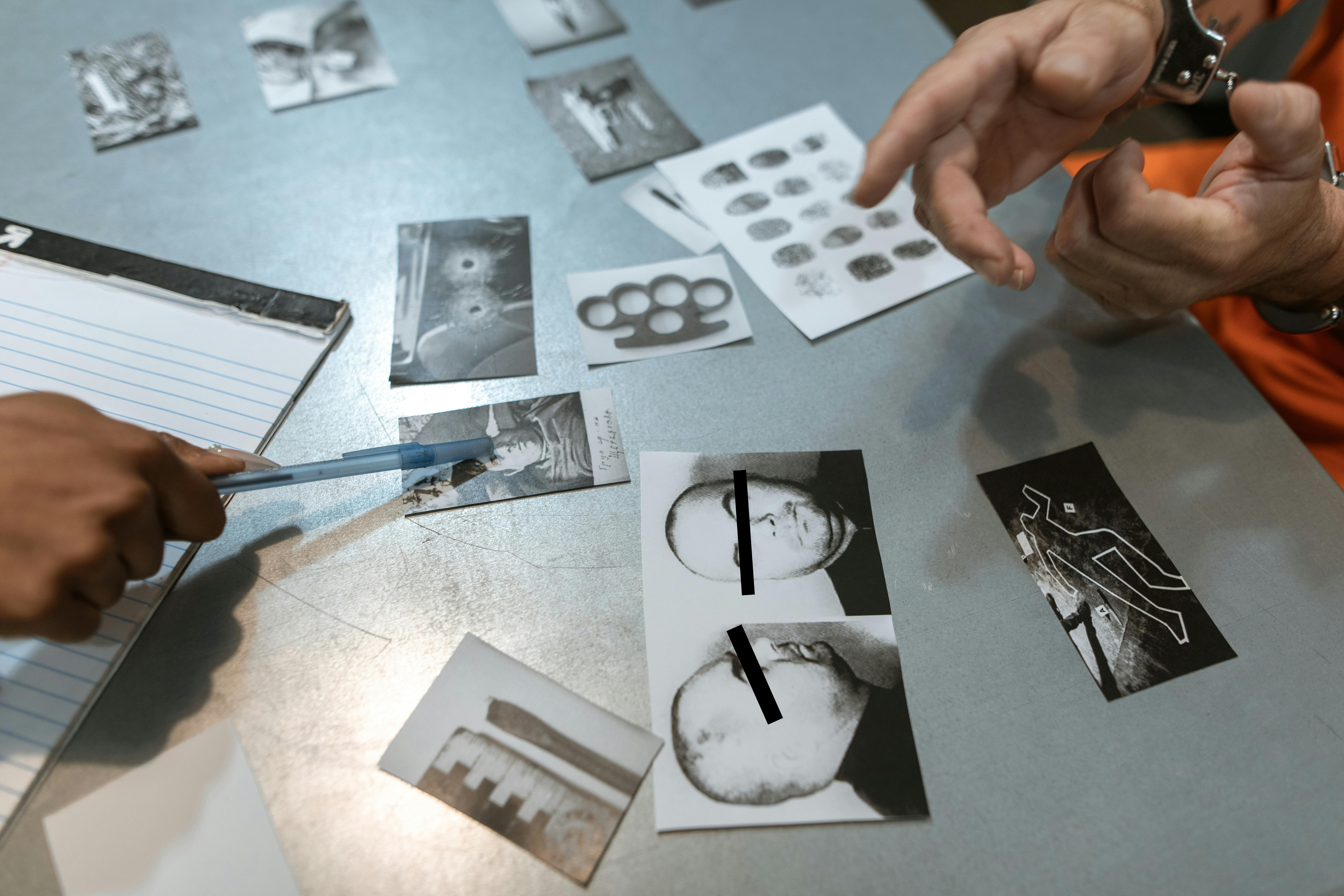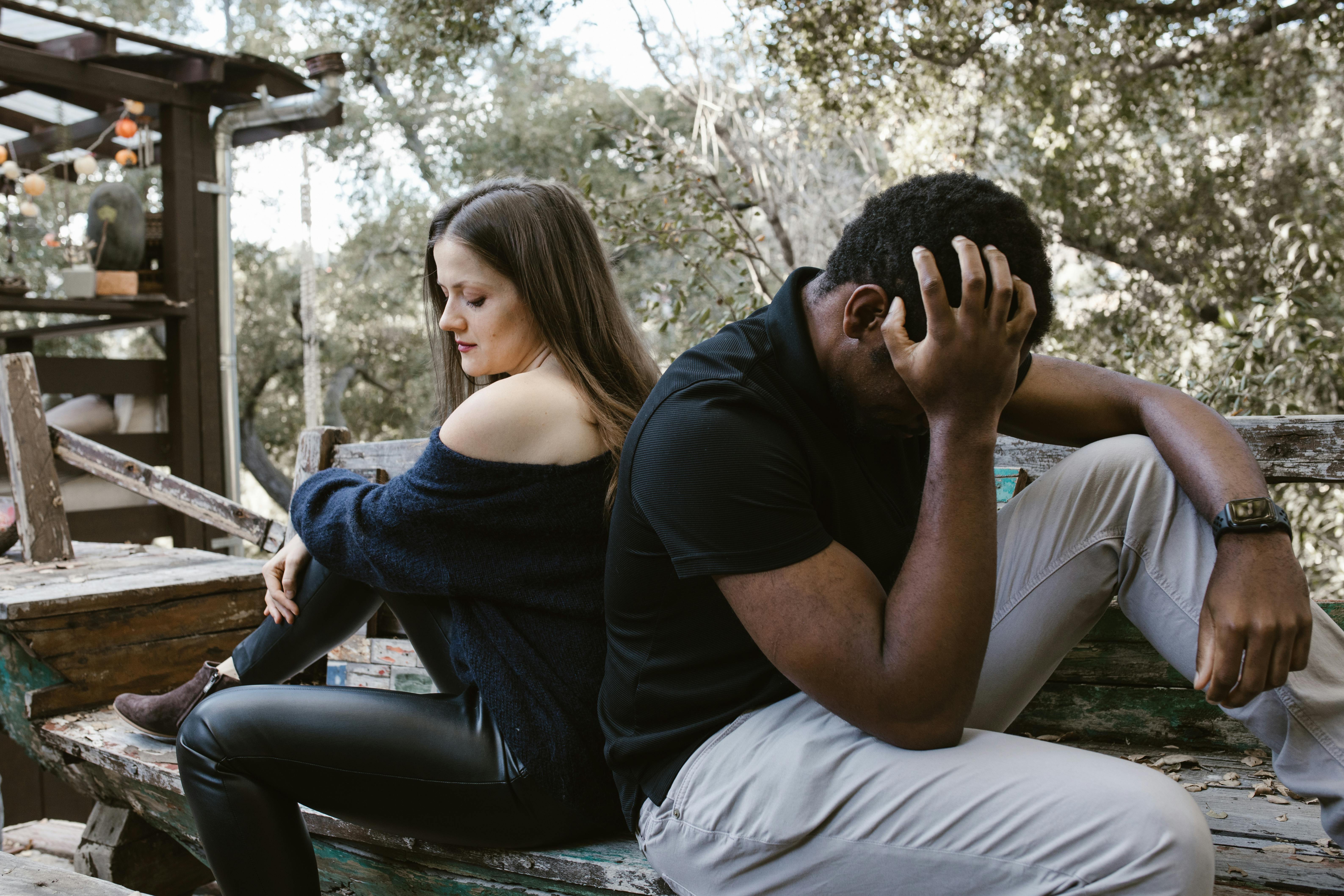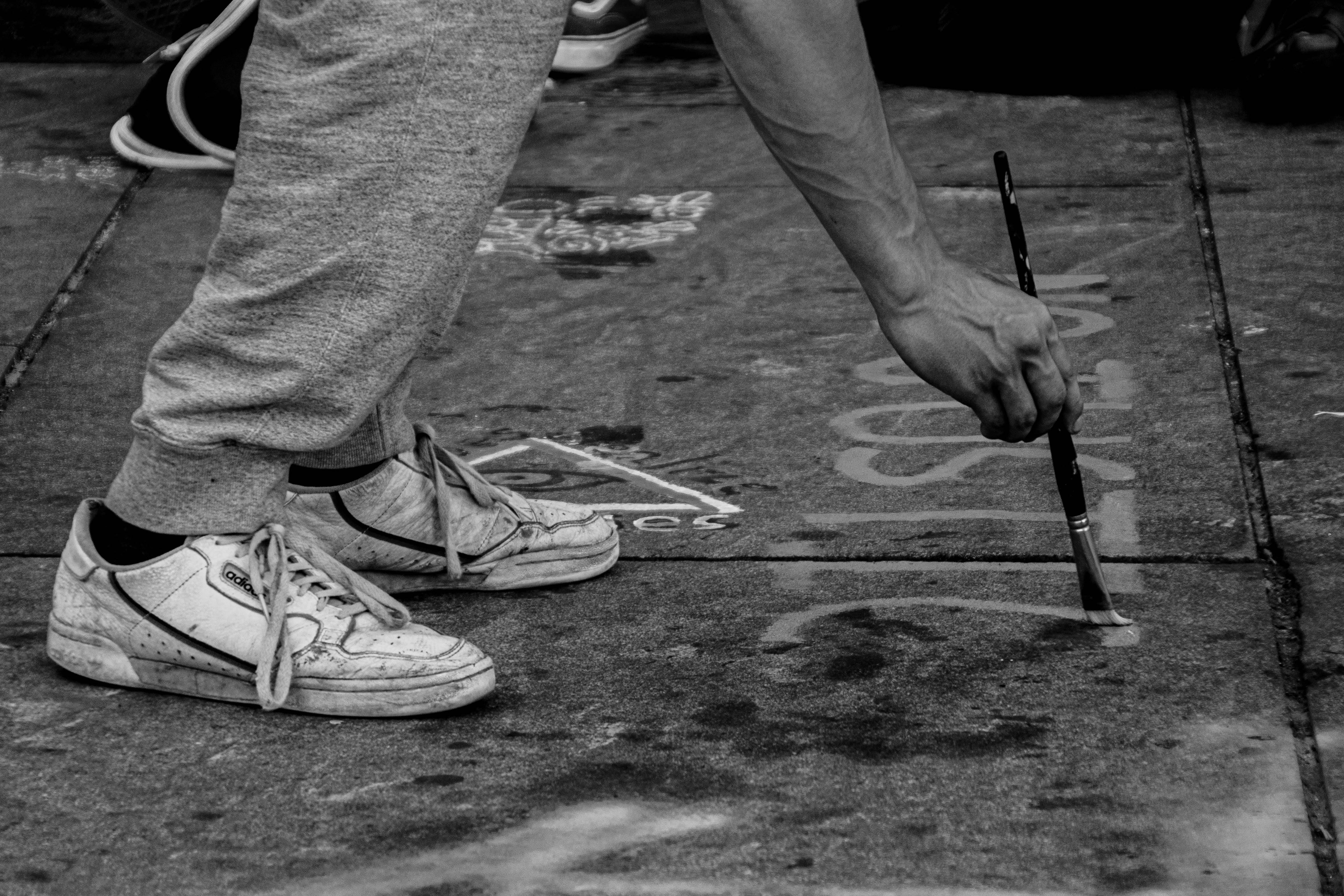At this year’s Essence Music Festival, singer Jill Scott and others addressed a panel on the representation of black women in popular music and video media. I was touched to see the attention given to this topic. Such a platform is long overdue.
The promotion of black women as body parts with a special emphasis on the buttocks has a painful place in our history. In 1810, Saarjite Baartman (also known as Sarah), a Khosian woman, was brought from South Africa to Europe for public display due to her steatopygia or enlarged buttocks. Known as “The Hottentot Venus”, she was displayed naked in a cage for more than five years. After Saarjite’s death, her genitalia were removed and dissected as European scientists sought to understand the “primitive sexual appetite” of African women.
The vibrating and thrusting buttocks of black women are the main subject in many of today’s videos. These videos perpetuate the ongoing attack on the sexual integrity of black women’s bodies. It’s not simply the portrayal of black women as voiceless, scantily clad, spinning, voiceless sex toys. But, there is little to counter these images elsewhere in the media. Consider the role that earned actress Halle Berry an Academy Award. It involved an animalistic sex scene that suggested something primitive about black women’s sexuality.
It led me to wonder about the impact on black girls that these images absorb.
Although a link between sexually charged images in the media and the social-emotional development of adolescent girls has long been suspected, empirical evidence is beginning to establish a correlation. And as you might guess, black girls don’t do well.
A study recently published in the American Journal of Public Health found that black girls who watch more rap videos are more likely to get in trouble with the law, use drugs, and contract sexually transmitted diseases. “We can see that there is some link, some association,” says study co-author Gina Wingood, an associate professor of behavioral sciences and health education at Emory University in Atlanta.
Whether we want to believe these claims or not, the statistics on the sexual health of black girls are troubling. A survey by the National Campaign to Prevent Teen Pregnancy found that 32.7% of sexually experienced black girls ages 15 to 19 reported having had 2 or more male partners in the past year. Research by Girls Inc. showed that among Black girls between the ages of 12 and 18 who were tested for sexually transmitted diseases, 25% tested positive for at least one STD, with the most common being STDs. chlamydia and gonorrhea. Although Black girls make up about 15% of all US girls between the ages of 13 and 19, they account for 72% of all reported HIV cases among young women. Many rap videos strongly promote sex without consequences. We can see that the results are devastating.
Growing up as a girl in the 1970s, the potential for women seemed enormous. Black women were part of changing history and left a formidable legacy. Recently, Oprah aired her Legend’s Ball honoring great Black women in media, music, and the civil rights movement. The legends were women I grew up watching: women like Diahann Carroll, Gladys Knight, Nancy Wilson, Cecily Tyson, Dorothy Height, Coretta Scott King, and Maya Angelou, to name just a few. These women were dignified, graceful and commanded respect. They were (and still are) beautiful black women, brave and strong. When I was a child, every time I saw these women, a sense of pride welled up inside me and it still does today. Who can black girls turn to today for such inspiration?
As a society, we must ask ourselves several questions. Do we care what kind of women the girls will become? Is it worth defending your public image? Is it worth protecting your sexual integrity? There was a period in our history when black men risked lynching if they tried to protect their women from sexual assault by other men. I am perplexed by the silence of black men while black women are publicly degraded and sexually exploited. We need a new sexual revolution, one that restores the dignity of black women. A revolution is needed that transforms black women from “baby mamas,” “chicken heads” and “‘hos” into self-respecting wives and mothers (preferably in that order).
While I applaud the Essence Music Festival for providing a platform to discuss the representation of black women in popular media, it is essential that we take action that begins to make a difference. Getting the media to present balanced images of our women is imperative. But, we must also do some work on ourselves. By challenging all attempts to exploit the sexuality of Black women and girls by men in our community, we can create safer and healthier spaces for girls to grow up. And girls must be taught media literacy so that they can deconstruct the images they are absorbing.
As an advocate, consultant and educator, I have worked on behalf of girls for over a decade. I love girls. They are beautiful, affectionate, resistant and strong. But, over the years, I have seen girls struggle to grow up in a society that does not protect them on every level. The rate of sexual harassment of girls in their own neighborhoods and schools is extremely high. Black girls face extraordinary incidents of sexual abuse at the hands of a relative or close family member. Many of these girls end up involved in the juvenile justice system, the focus of much of my work. Because of their traumatic sexual histories, girls in the juvenile justice system are easily lured into the sex industry. Pimps disguised as video producers look for them as easy prey.
The worrying reality is that many of these girls are mothers of more than one child. What will their children become when they grow up? Can they pass on to their children the love they did not experience? To change the trajectory of these girls’ lives, we must start by restoring their sense of value and worth. I’ve heard girls talk about making self-destructive decisions because they thought they didn’t deserve any better. They saw their lives as worthless. As I mentor these girls, I tell them that they are valuable and have tremendous value. And that depends on nothing more than the fact that God made them wonderful. When I read to them from the book of Psalms: “I praise you because I am wonderfully and wonderfully made; your works are wonderful, I know it very well”, they are amazed. If we want to start transforming girls’ lives, as a community we must demonstrate our belief that their lives are worthwhile by showing that we care enough to act on their behalf.
I felt hopeful and relieved when a group of brave women at Spelman College organized a boycott of Nelly, known for her misogynistic lyrics and music videos that demean Black women. Our communities need more of that kind of organization and action. We must maintain the momentum and begin to turn the tide. A future generation of healthy wives and mothers depends on it. The Hottentot Venus is a tragic part of the history of black women. Doing nothing about the current assault on the public image of black women is just as tragic.
